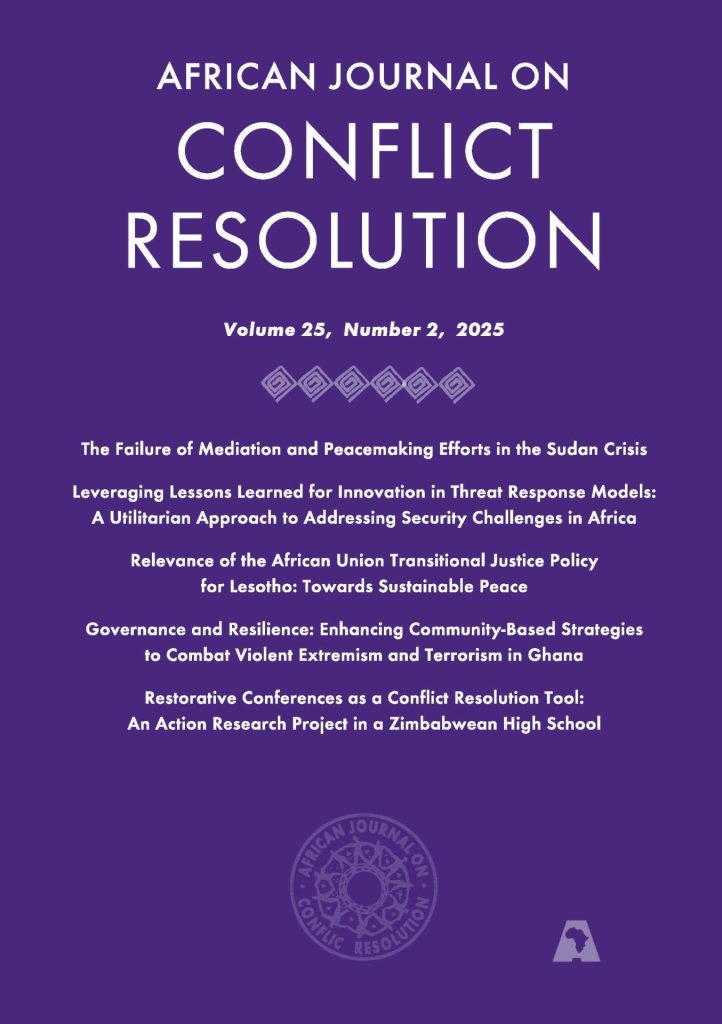
Tag: Zimbabwe


Restorative Conferences as a Conflict Resolution Tool: An Action Research Project in a Zimbabwean High School
Abstract Conflicts, violence and breaches of discipline are common in Zimbabwean schools. Teachers have always used retributive practices, particularly corporal punishment, to deal with these problems, but this approach has
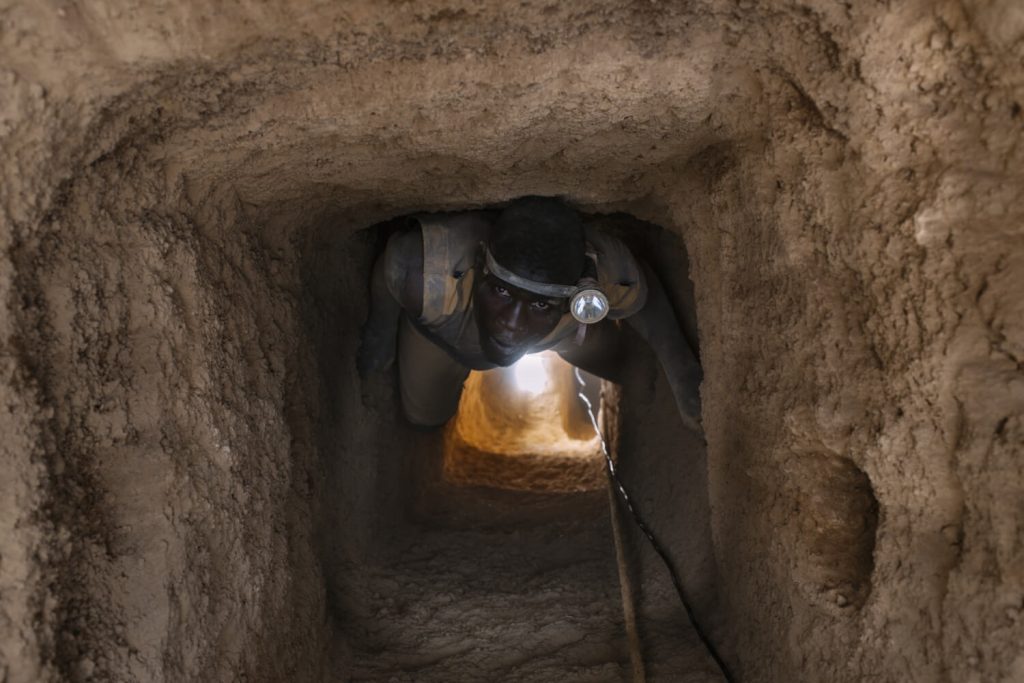
Artisanal Mining in Zimbabwe: A Complex Narrative of Balancing Economic Gains and Social Strife
In Zimbabwe, artisanal mining plays a vital role in the informal economy, offering jobs to thousands of people amid widespread unemployment
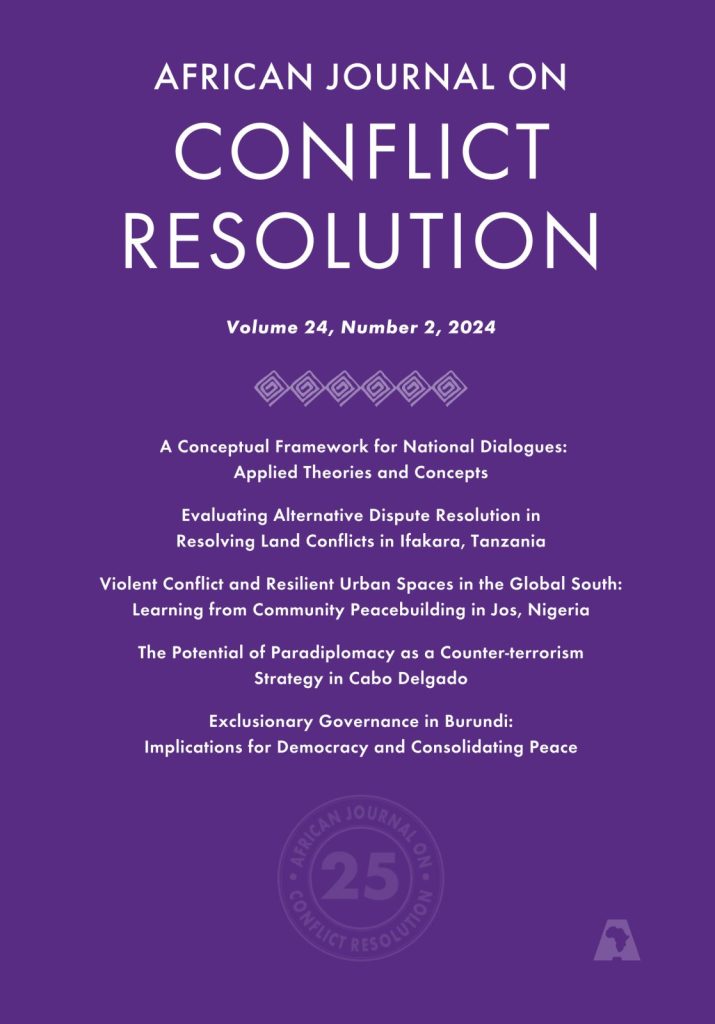
A Conceptual Framework for National Dialogues: Applied Theories and Concepts
This article proposes an alternative theoretical framework for national dialogues using the theories of the social contract, consociationalism and conflict transformation.
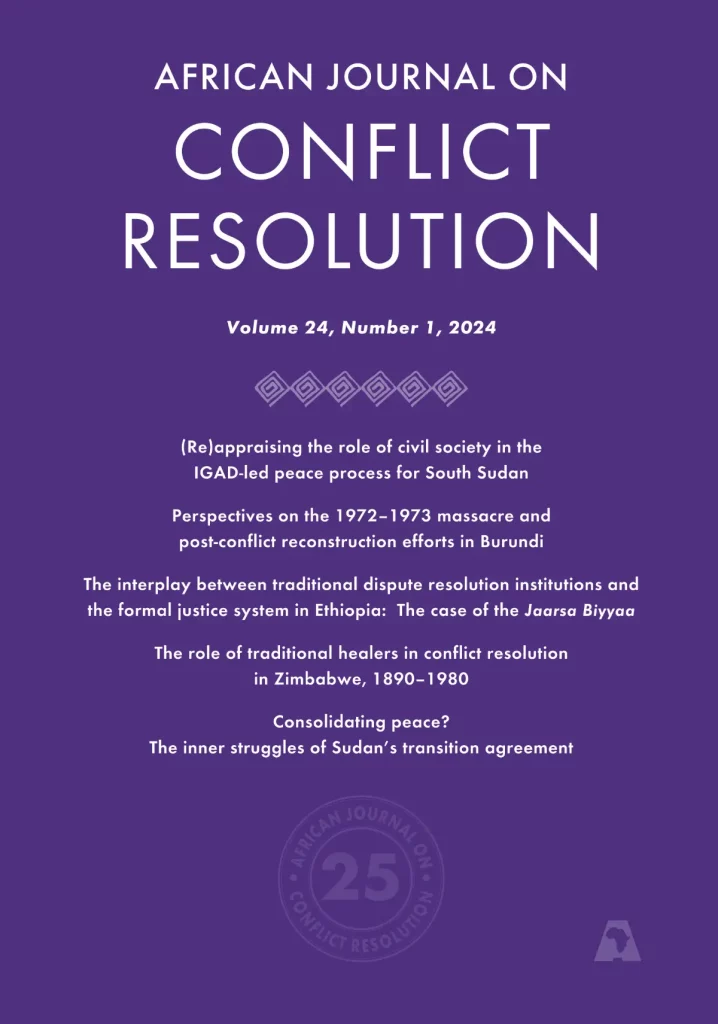
The role of traditional healers in conflict resolution in Zimbabwe, 1890‒1980
Abstract This paper analyses the historical role of traditional healers (n’anga/chiremba) in conflict resolution in Zimbabwe. Historically, traditional healers occupied a powerful position in Zimbabwean society. Not only were they
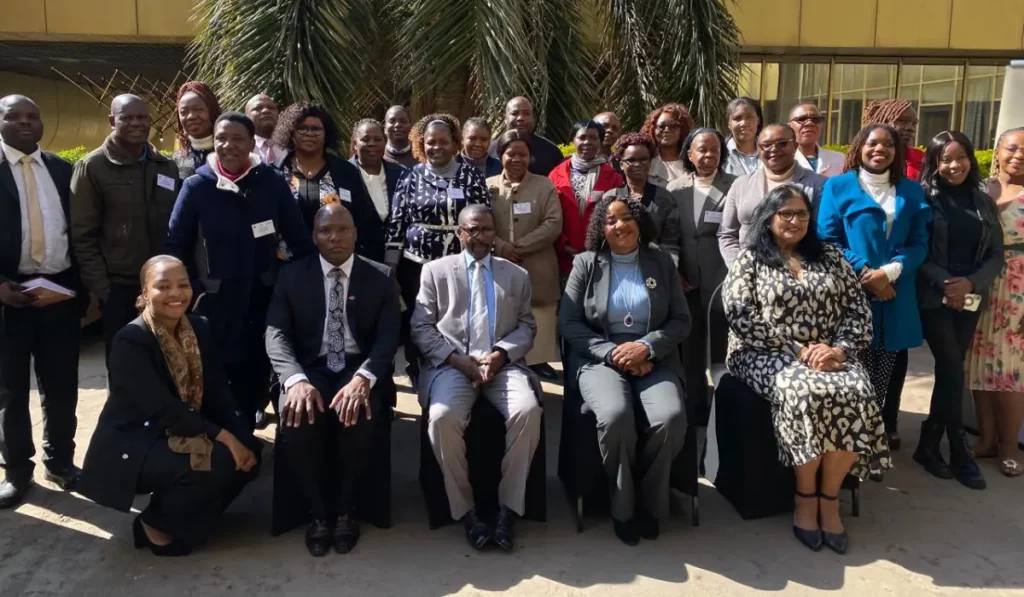
Capacity building workshop on the implementation of Zimbabwe’s National Action Plan on women, peace and security
In collaboration with UN Women Zimbabwe and the Ministry of Women Affairs, Community and Small to Medium Enterprise Development (MWACSMED), ACCORD conducted a workshop focusing on the Zimbabwe National Action
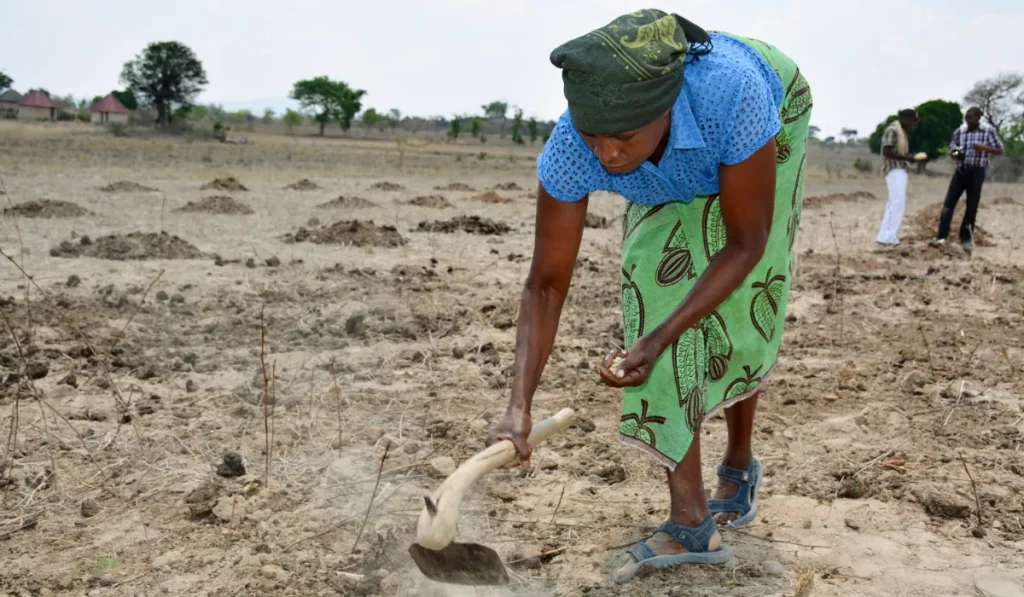
Towards a common vision of climate, peace, security and migration in Zimbabwe
Zimbabwe is one of the countries in Southern Africa most affected by climate variability and change.
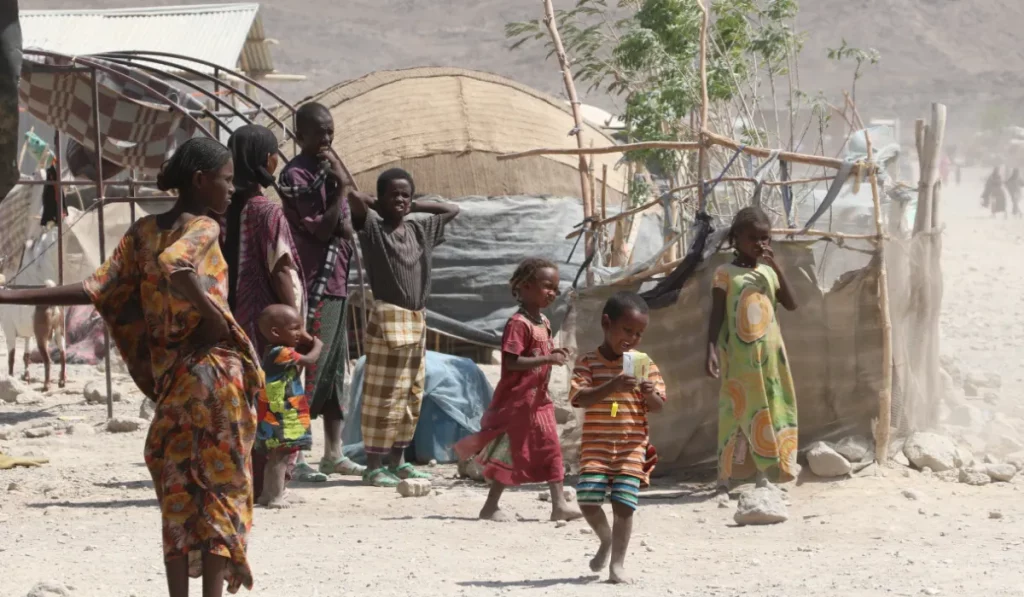
Conflict & Resilience Monitor – 30 June 2024
We begin this month’s Monitor with an article from Tom Wuchte and Rehema Zaid who write about the nexus between terrorism and climate change on the African continent. The article
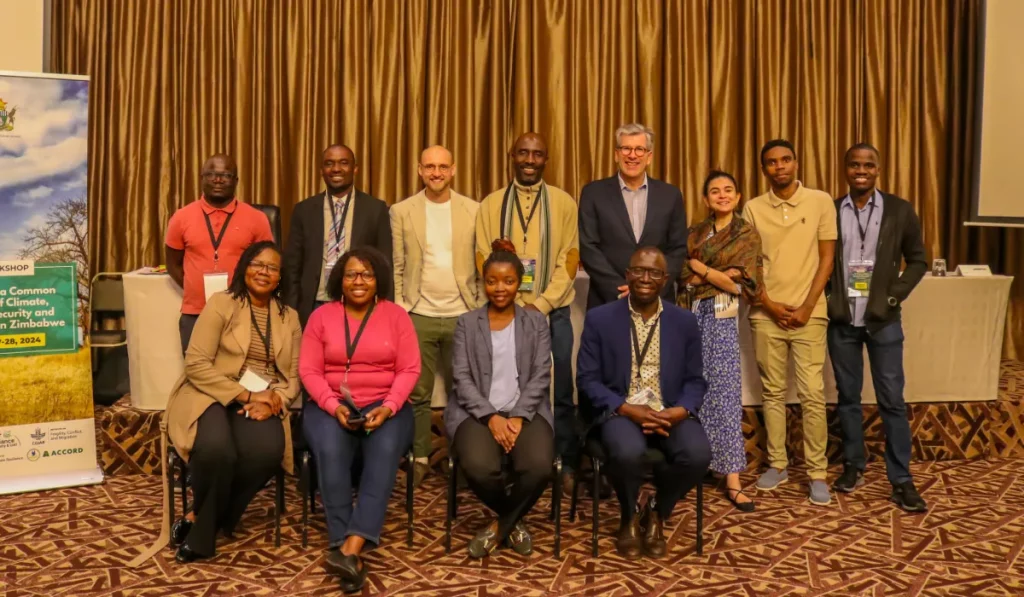
ACCORD co-hosts a climate, peace and security workshop in Zimbabwe
Exploring issues relating to climate, peace and security.
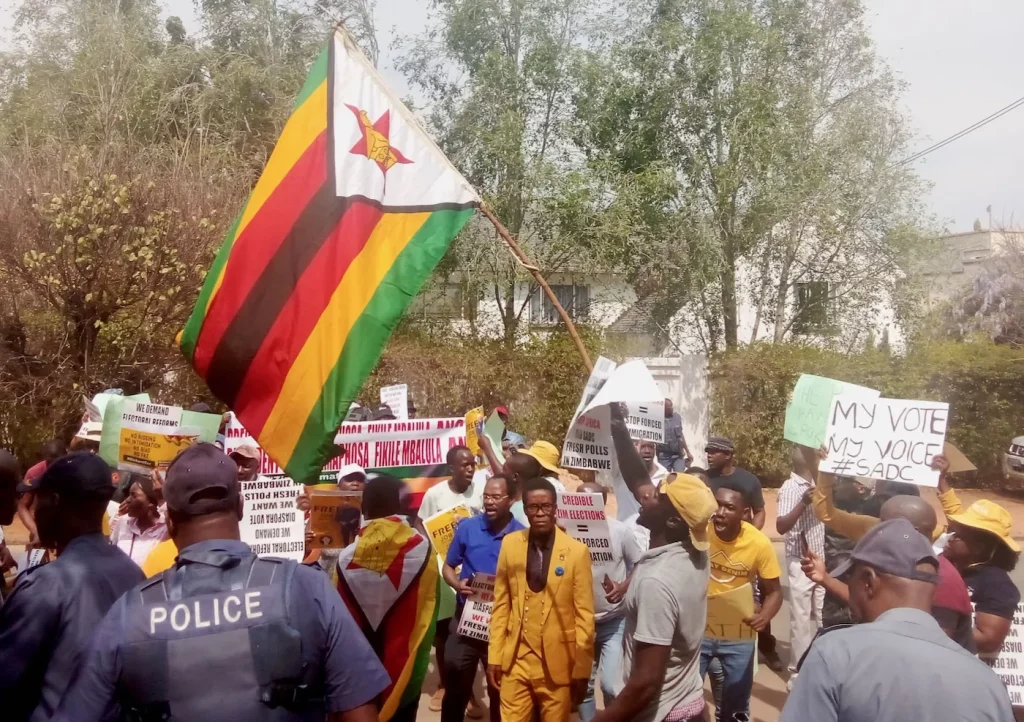
SADC and election-related conflicts in Zimbabwe: An assessment and recommendations
This article evaluates the role of SADC in resolving electoral conflicts in Zimbabwe, emphasising the organisation’s constrained enforcement capacity and reliance on diplomatic strategies.
